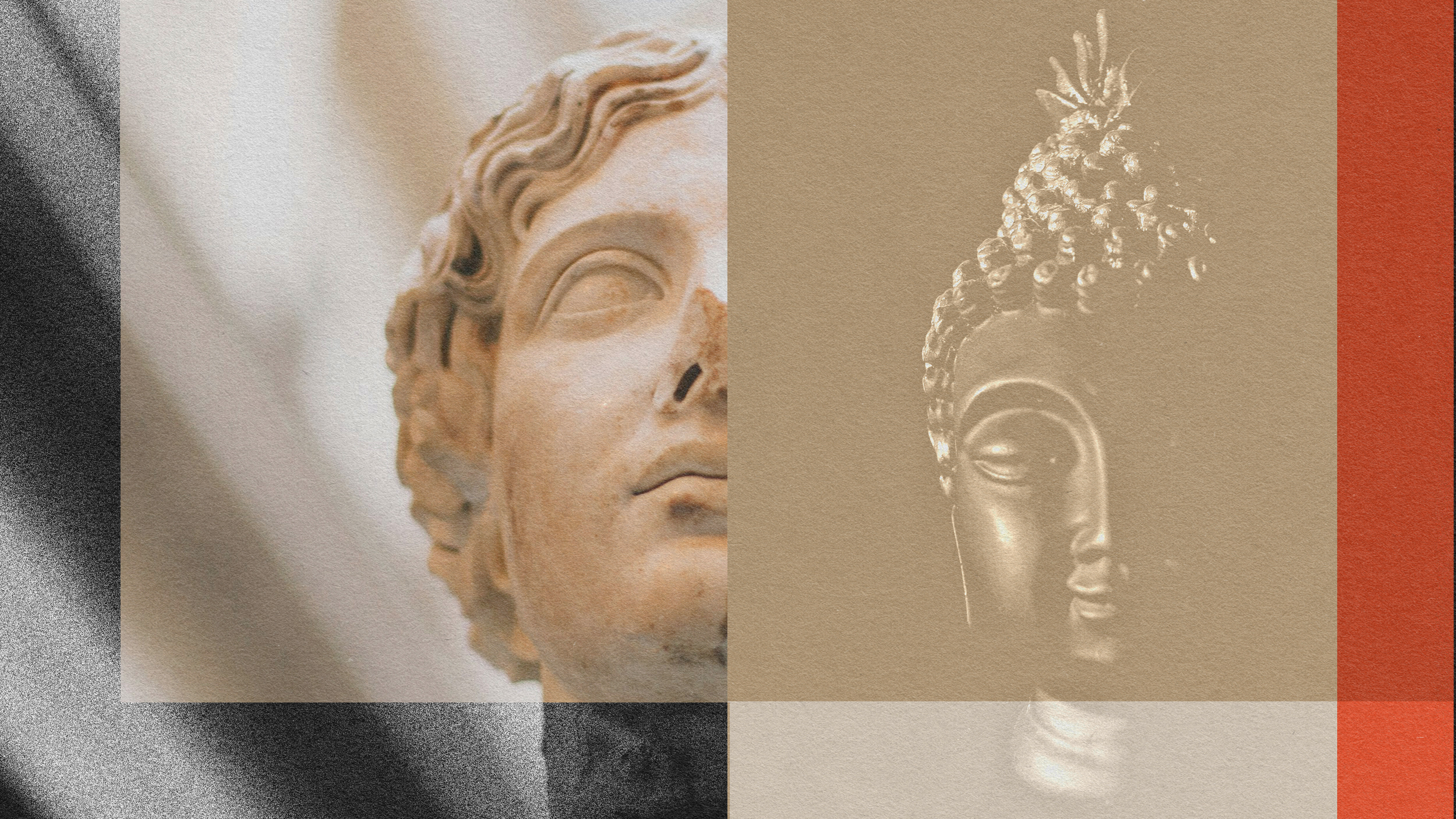Kadam Morten: What Buddhist practice entails is essentially helping us to connect to the love, the kindness, the good qualities, the good stuff, that we already have in our heart and then learning how to cultivate that, how to nurture it, how to increase it so that it comes to characterize us completely. And then on the other side, letting go of anger, letting go of deluded, painful states of mind that just cause unhappiness.
Buddhism is not founded upon a story that then we need to defend against the observations of science. It’s actually founded upon a scientific exploration of consciousness, and therefore it can just change with the times.
One further note is that, of course, Buddha is, I don’t know, he’s right there with modern science from one point of view. Relativity--Buddha was talking about that 2,500 years ago. Or these days, some of the findings of quantum physics and so on where it’s clear that the observer is a crucial part of the observed . . . well, that’s what Buddha said: There is no object outside of the consciousness perceiving that object.
Directed / Produced by
Jonathan Fowler & Elizabeth Rodd
Kadam Morten Clausen is a Buddhist teacher in the New Kadampa tradition, a modern, worldwide tradition founded by Buddhist master Venerable Geshe Kelsang Gyatso, the author of more than twenty[…]
Related
Matt Strassler’s journey into fundamental physics culminates in a brilliant explanation of the Higgs field. Enjoy this exclusive interview.
“We can build AI scientists that are better than we are… these systems can be superhuman,” says the FutureHouse co-founder.
Off-the-shelf consumer technology is helping people pursue their interests — and advancing science at the same time.
What can you do to support your health during menopause? “If exercise were a drug, that would be the one thing that we would be giving to everybody.”
▸
13 min
—
with
People often say, “Let go,” or, “Don’t take things to heart.” But where’s the line with this philosophy?





